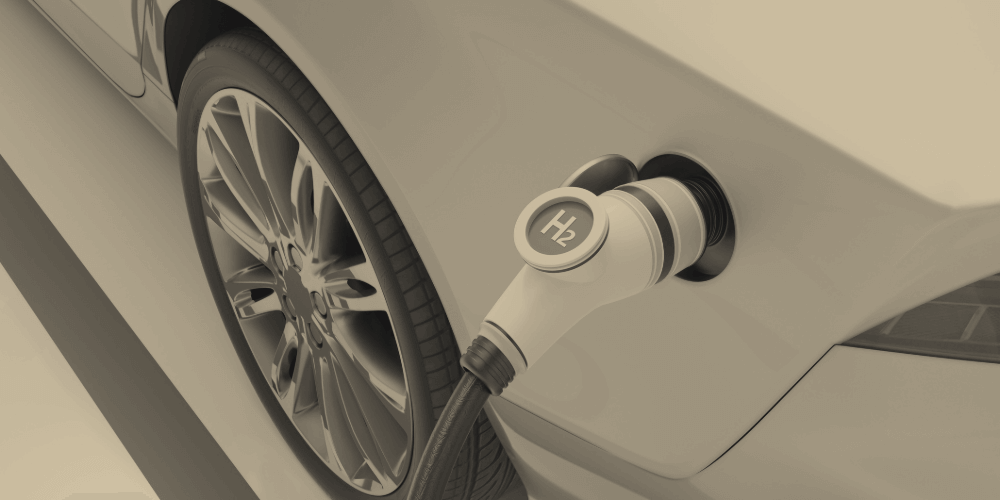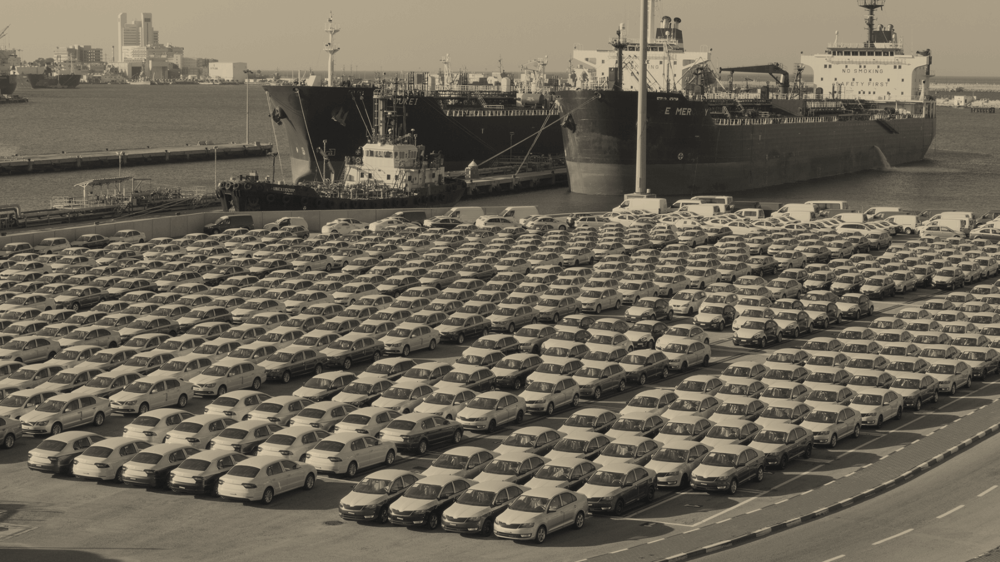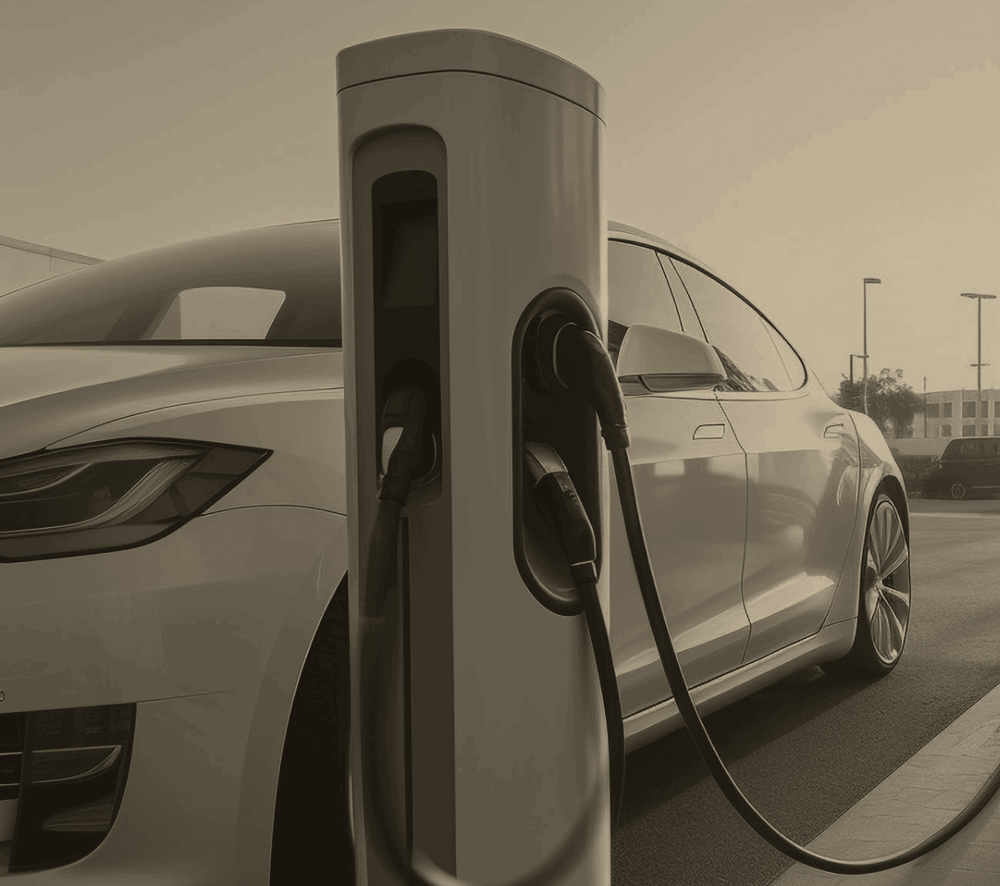Industry Briefing #3
Automotive media highlights

- Reading time
- 1 min
- Words
- The Briefing
- Published date
- March 18, 2024
The Briefing keeps consultants ahead by unpacking essential trends and emerging questions they can answer through market research.
On this week’s issue: Cars are reportedly sharing data via in-vehicle apps. Startups are tackling the barrier of inconvenient EV charging. Chinese automakers face tighter import regulations as they seek global expansion. Safety concerns persist for autonomous vehicles despite their growing popularity. The RV market thrives with new high-tech models and innovative travel concepts.
Questions to Stay One Step Ahead
As a consultant, understanding consumer behaviors and sentiments is key. This is particularly true for the automotive industry, as a new car is a large (and potentially life-changing) purpose for the average consumer. Automotive technology and regulations are evolving at a rapid pace, which means that consumers are rethinking their relationship with cars as well.
Auto companies will need to understand how this changing landscape affects consumer behavior. Factors to consider include:
- Safety and privacy: The safety and privacy risks of smart auto features are coming to light. How will these risks affect consumers’ willingness to purchase new vehicles?
- Chinese imports: While Chinese car imports haven’t yet made it to the US, they are starting to become available in parts of Europe and in other major markets. How will current political tensions affect the perception of these cars?
- EV charging: How can EV companies help consumers feel more comfortable with EV charging networks and change public perceptions?
Interested in launching a study on these topics?
Reach out to Potloc today to jumpstart a market research study for your strategic projects.








